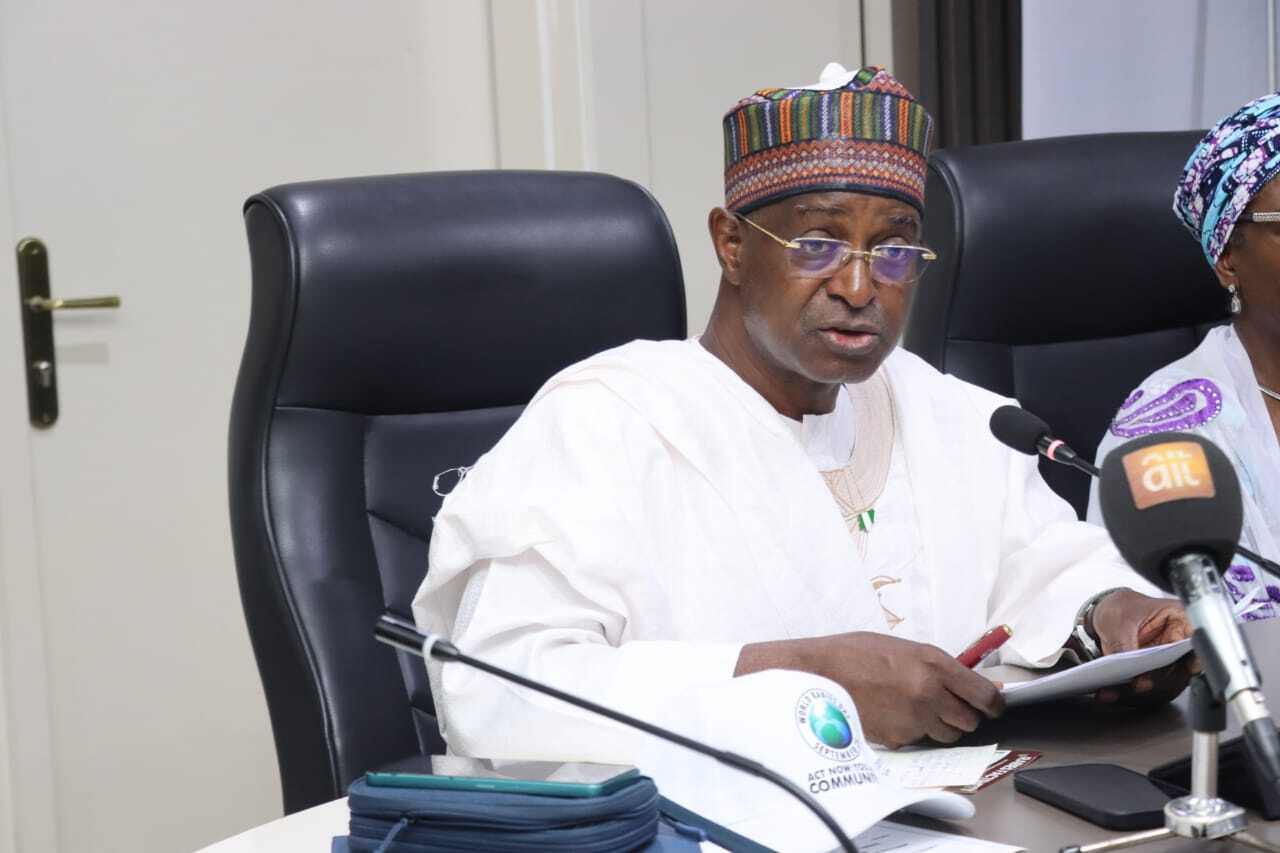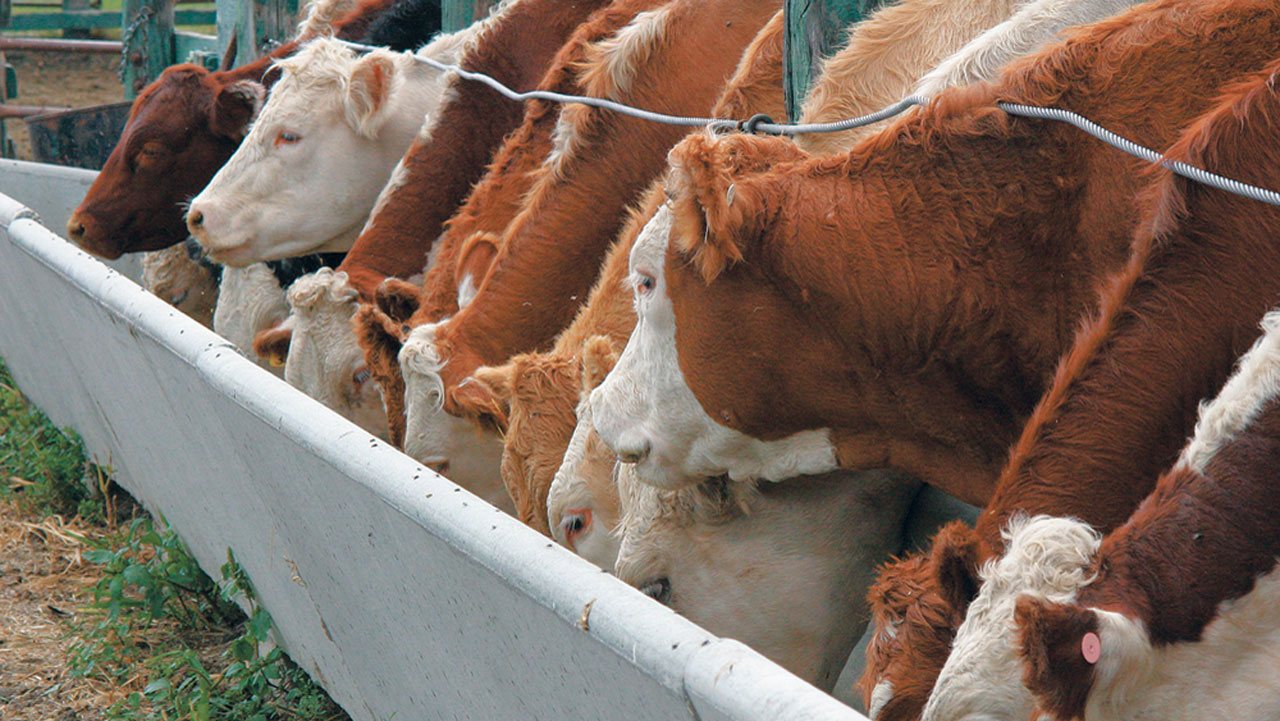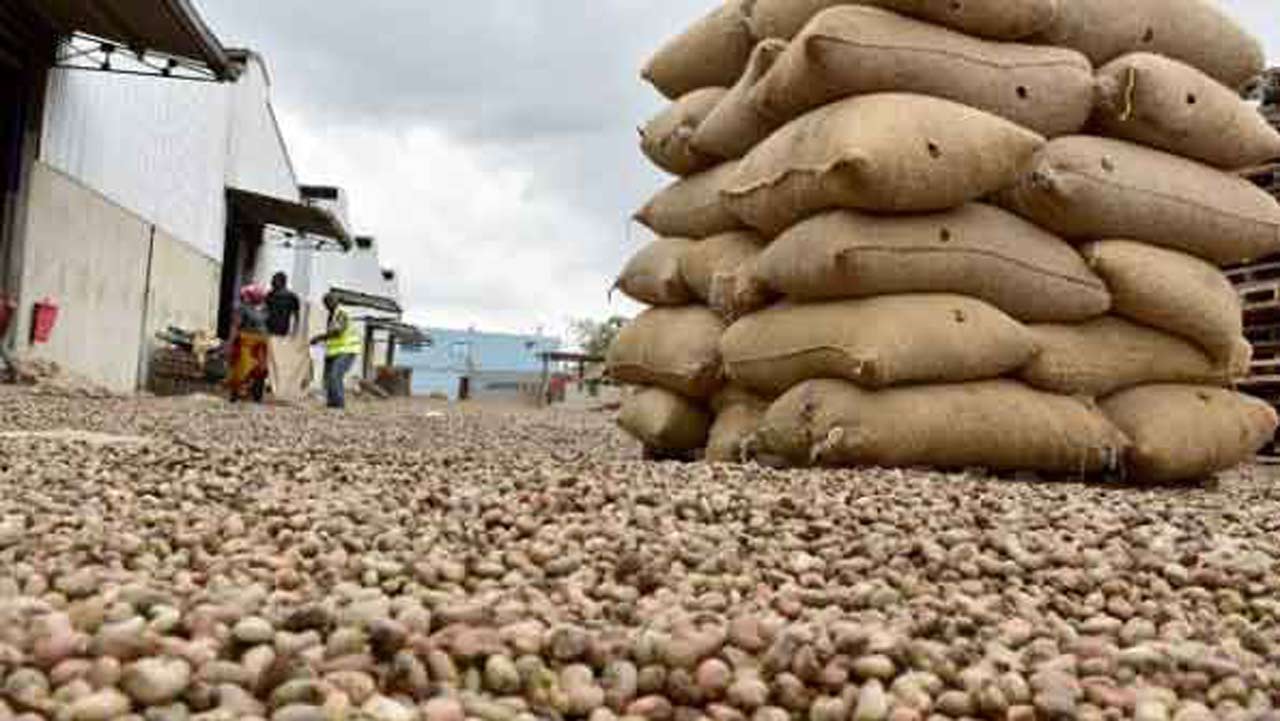• Nigeria Has High Declining Soil Fertility — FAO
• Soil Overdue For Intensive Survey — Salako
Soil mismanagement has been identified as one of the factors responsible for failure of the country’s agricultural plans. The lack of soil knowledge and management by farmers has led to a lot of soil damage and abuses. Though the challenge is not limited to only management, reports have it that climatic and environmental factors also play a larger role on issues affecting soil fertility.
By definition, the term soil fertility is the intrinsic ability or capability of the soil to provide plant nutrients and water in adequate amount and when required, for good growth and development of the crops.
Soil fertility decline is a deterioration of chemical; physical and biological soil properties and subsequent reduction in providing the crops with adequate nutrients and water.
It was learnt that the main contributing processes, besides soil erosion, are decline in organic matter and soil biological activity; degradation of soil structure and loss of other soil physical qualities; reduction in availability of major nutrients (N, P, K) and micronutrients and increase in toxicity, due to acidification or pollution.
According to the Food and Agriculture Organisation (FAO) report released recently, Nigeria is one of the countries with high declining soil fertility.
It is estimated that Nigeria is losing an average of 24 kg nutrients/hectare (ha) per year (10 kg N; 4 kg P2O5, 10 kg K2O) in 1990 and 48 kg nutrients/ha per year in 2000, that is, a loss equivalent to 100 kg fertilizers/ha per year.
Due to intervention of successive administrations and other foreign organisations through investment on fertilizer, the figure has reportedly dropped drastically.
Investigations show that soil in most parts of the country has inherently low fertility and does not receive adequate nutrient replenishment. Nigeria falls under sub-Saharan African countries with low mineral fertilizer consumption, about 10 kg nutrients (N, P2O5, K2O)/ha per year, compared to the world average of 90 kg, 60 kg in the near East and 130 kg/ha per year in Asia.
The nutrients in a fertile soil are nitrogen, phosphorus, potassium, organic carbon, zinc (DTPA), boron (Hot H 2 O Sol) and pH level.
Experts believe that dearth of soil laboratories; to conduct intensive soil survey is largely responsible for poor agronomic decisions and low soil productivity, especially for smallholder farmers.
Sometime in 2016, the Federal Ministry of Agriculture and Rural Development proposed the introduction of digital soil test scheme to farmers nationwide, as part of efforts to boost food production.
The scheme involved giving farmers a testing kit known as ‘Soil Doctor,’ which is able to analyse nutrient content in soil and calculate how much fertiliser to use on crops.
A Director in the Ministry’s Farm Input Support Service, Prof. Victor Chude, who spoke on the plan, then, said the system of blanket application of fertiliser results in waste of scarce fertiliser, but since then nothing was heard about the plan.
The Grow Coordinator, Oxfam, Nigeria, Saratu Abiola, who revealed that the importance of soil lab becomes important, especially with increasing desertification across the country.
Though she couldn’t list locations of existing soil labs, Abiola said: “The closest I know is located at the International Institute of Tropical Agriculture (IITA), Ibadan. Their work is to improve the quality of inputs-seedlings, stems, perhaps also soil.
“In terms of the dearth of soil labs, soil labs are very important because we need them to be able to test the arability of our soil so we know exactly what inputs it needs.
“I’m going to take a wild stab in the dark and say that this issue is only of concern to smallholder agric production, as I’m sure larger producers have all the soil labs they need. Well, if you don’t know the quality of the soil you may not know how much investment is needed to get the best out of it.”
She noted that there is urgent need for provision of more soil labs for farmers’ easy accessibility, to ensure that land is arable and ready for improved agricultural output the country needs. “We already have major issues improving agric productivity, so being able to improve abilities to test soil will be very helpful.”
The Vice Chancellor, Federal University of Agriculture, Abeokuta (FUNAAB), Prof. Felix Salako, a Professor of Soil Physics, confirmed to The Guardian that there are soil laboratories in virtually all departments of soil science or agronomy of all universities where the course is offered.
“You can also find them in Institute or Colleges of Agriculture. There are private laboratories too, but these are very few. While I cannot give you an exact number of existing laboratories, estimates can be inferred from the information given.”
Salako said like many laboratories in Nigeria, facilities are inadequate in most of these laboratories. “This should not be, because soil testing becomes difficult for effective soil management. Just like it is better for a human being to have a genuine medical test as the basis of informed prescription of medicine, it is better that soil management decisions are based on soil test results.
“Nigeria is overdue for intensive soil survey. The absence of the intensive soil survey is responsible for poor agronomic decisions and low soil productivity.”
A farmer, Mr. Harrison Andrew, who is the Managing Director/Chief Executive Officer of H.O CORN, farmfunding agro firm, who also confirmed that there are soil labs in the country, said it is very important to determine the soil composition, nutrient and details of the soil.
“I can’t list the number of the labs we have in Nigeria, but the one we use is in Ibadan, Oyo State. It is important to determine the soil composition and nutrient of the soil. Soil testing are often send to lab, but the lab are not yet widely available. So in my submission I feel we need to look into some areas like funding, which is a major problem facing the agric research; advances in conventional technology and reorientation of agricultural research, which is very necessary.”






